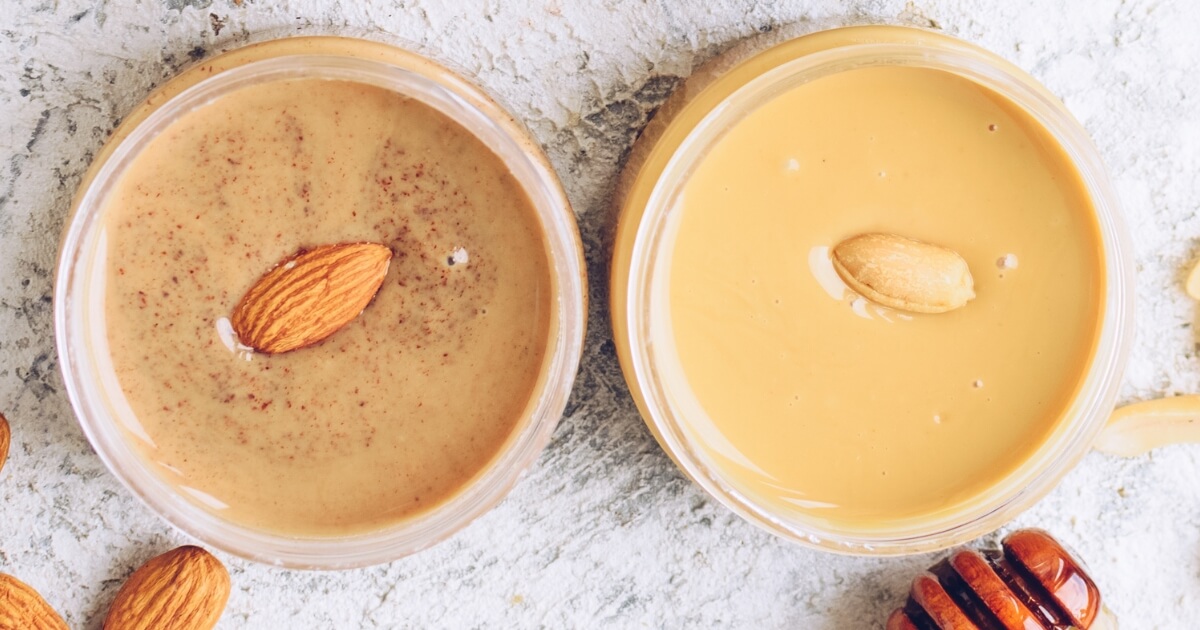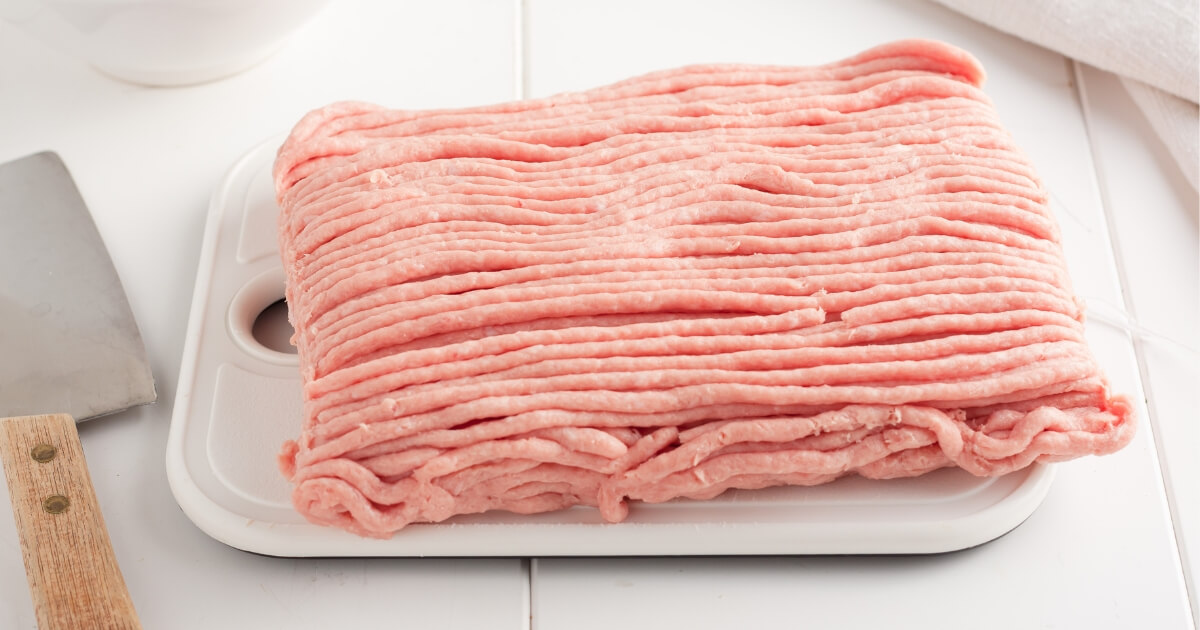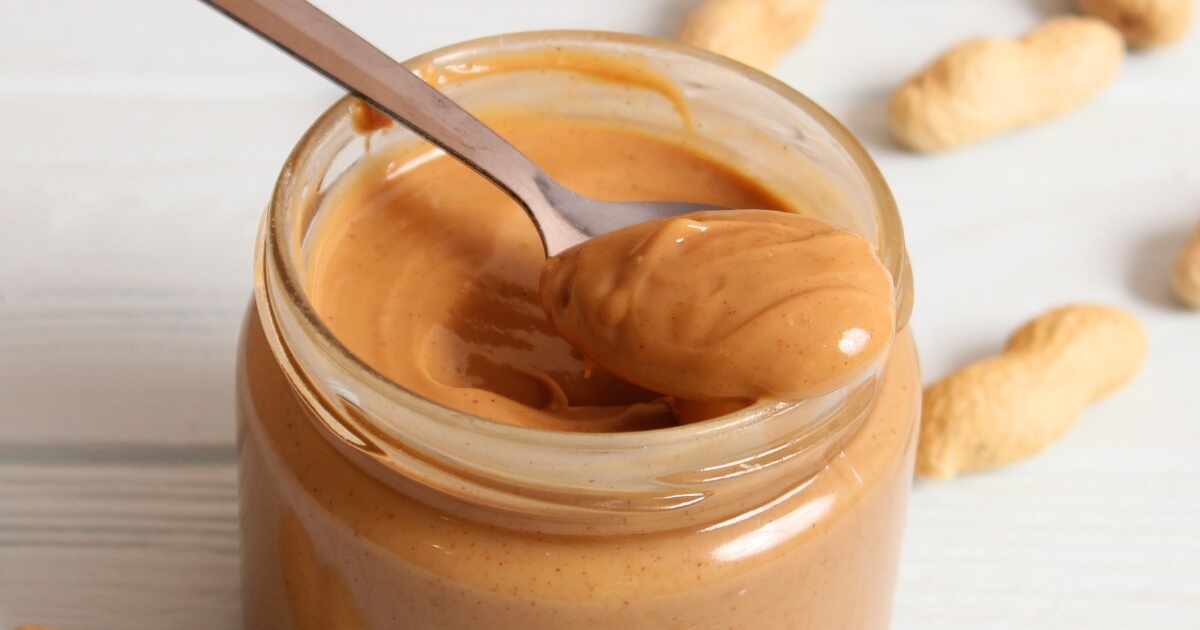Butter is a delicious addition to everything from toast to corn on the cob, but because it’s a dairy product milk, you might be curious as to how long you can keep sticks of butter in your pantry or fridge. Does butter spoil, and how can you tell?
So how long does butter last? When stored correctly, butter can last up to one or two weeks at room temperature, a few weeks in the fridge or up to a year in the freezer.

Butter is unlikely to go moldy or rotten, but it can most definitely turn rancid after some time. Although it’s a dairy product, butter can last a long time due to its high fat content and relatively low water content. These two factors make it inhospitable for bacterial growth.
Salted butter lowers that water content even further, so has a longer shelf life than unsalted. The cream that goes into making butter has already been pasteurized, reducing the risk even further.
Shelf Life Of Butter And Expiration Dates
When it comes to all varieties of butter, the best by date is a useful guide, although don’t consider it to be a definitive cut off point. If stored correctly, you can expect your stick or tub of butter to last you a decent amount of time.
- Unsalted Butter – Unopened, it will last around a month after the best by date in the fridge. When opened, around two weeks beyond the printed date in the fridge. Stored in the freezer, unsalted butter will retain optimal qualities for around six months beyond the printed date, but will still be safe to eat for much longer. If kept on your counter, depending on the temperature, it will only be good for one or two days, or up to a week.
- Salted Butter – Unopened, salted butter should be good for around two months past the printed date in the fridge. If opened, around one month. It will retain best qualities for up to 12 months in the freezer, but remains safe for consumption after that time. At room temperature, salted butter can stay good for up to three weeks when stored correctly.
- Homemade butter – Shelf life varies, depending on the quality of the ingredients and the process of used to make it. Generally, homemade butter can last anywhere from one to three weeks in the fridge or around nine months frozen.
SEE ALSO: Read Expiration Dates
How To Tell If Butter Is Bad
The good news is that butter is not a deceptive food. If you’ve ever had a whiff of rancid butter, you’ll know not to eat it. There are a few other telltale signs to watch out for to discover if your butter is bad. Once rancid, butter should be discarded immediately.
- Check the color – Butter that is going bad will become paler. If you’re unsure, cut a thin slice – if the inside is lighter than the outside, it indicates your butter has started to oxidize and go bad. If you see any other discoloration or growth, throw it out.
- Smell – If your eyes can’t tell you that your butter is bad, your nose definitely will! Butter that is even slightly rancid has a very unpleasant smell – it may smell cheesy or just very rank.
SEE ALSO: Substitutes For Butter and Cheese vs Butter
What Happens If You Eat Expired Butter?
If the butter still looks, smells and tastes okay, you’ll be fine. Expired butter that is still good may undergo some changes to the texture and color. If it has been frozen for a long time, butter may become less creamy.
If you do inadvertently eat rancid butter, you’re unlikely to get sick – unless you somehow overlooked the stomach-turning odor and consumed large amounts, which might cause an upset stomach.
How To Store Butter
The biggest threats to the freshness of your butter are heat, air and sunlight. The greatest risk to butter is air, because air will oxidize butter and make it go rancid.
Top butter producers Challenge and Land O Lakes recommend keeping butter refrigerated, as do the USDA guidelines.
Refrigerated butter may have a great flavor and longer shelf life, but it’s difficult to spread. Butter softens at about 60 degrees Fahrenheit / 15.5 degrees Celsius. It can take thirty to forty-five minutes for butter to soften enough to be usable.
On The Counter
Many people prefer to store their butter at room temperature, for quick and easy use. If you do choose to keep butter out of the fridge, it’s important to ensure that it remains covered. If exposed to air, it will go off quickly.
Light is also not good for butter. A simple butter dish will work to keep your butter covered and protected from too much air exposure.
Butter also readily absorbs smells and flavors from other foods, so covering it helps avoid taste contamination. Garlic-infused butter may be fun to use on sautéed mushrooms, but it will be a jolt on your pancakes.
If you’re concerned about the safety of butter on your countertop, consider investing in a European-style butter crock. Storing it in a crock is the best way to confirm great flavor and spreadability in your daily stock of butter.
These containers require just a bit of water to provide an airtight seal, keeping your butter in cool darkness, safe and spreadable whenever you need it.
How long can butter sit out? Unless your house temperature is consistently higher than 75 degrees Fahrenheit, you can store butter for up to two weeks on the counter at room temperature.
Only remove as much from the fridge or freezer as you’re likely to use within that period to avoid wastage.
In The Fridge
Storing butter in the fridge below 40F drastically extends its shelf life. Even then, you still need to ensure it remains tightly wrapped, to protect it from contamination.
Does butter go bad in the fridge? Depending on how and where it’s stored, your butter can still go bad after a few months in the fridge.
The best spot in your fridge for butter is at the rear of the top shelf. Avoid storing it in the fridge door, even if there’s a specialized compartment – the temperature fluctuations from opening and closing the door will shorten its life.
In The Freezer
If you’d like to buy bulk butter when it’s on sale, you can safely store it in the freezer for long periods, just ensure it’s tightly wrapped and stored in a suitable sealed container or freezer bag.
How long can you freeze butter? It will stay edible indefinitely, but we recommend using it within nine to twelve months for best quality.












